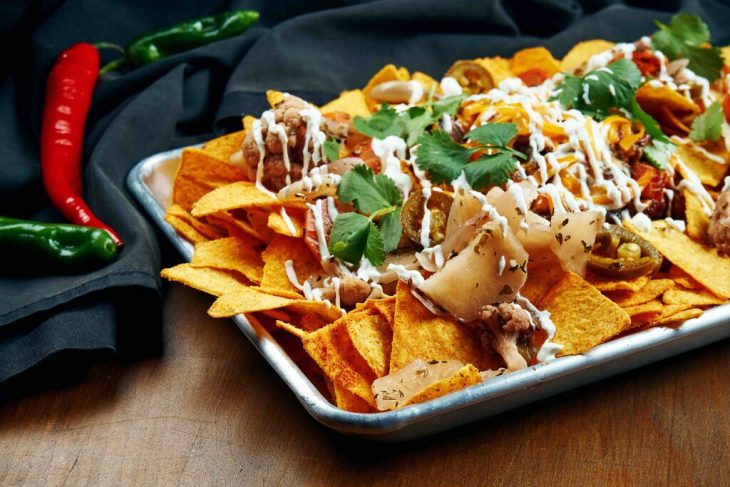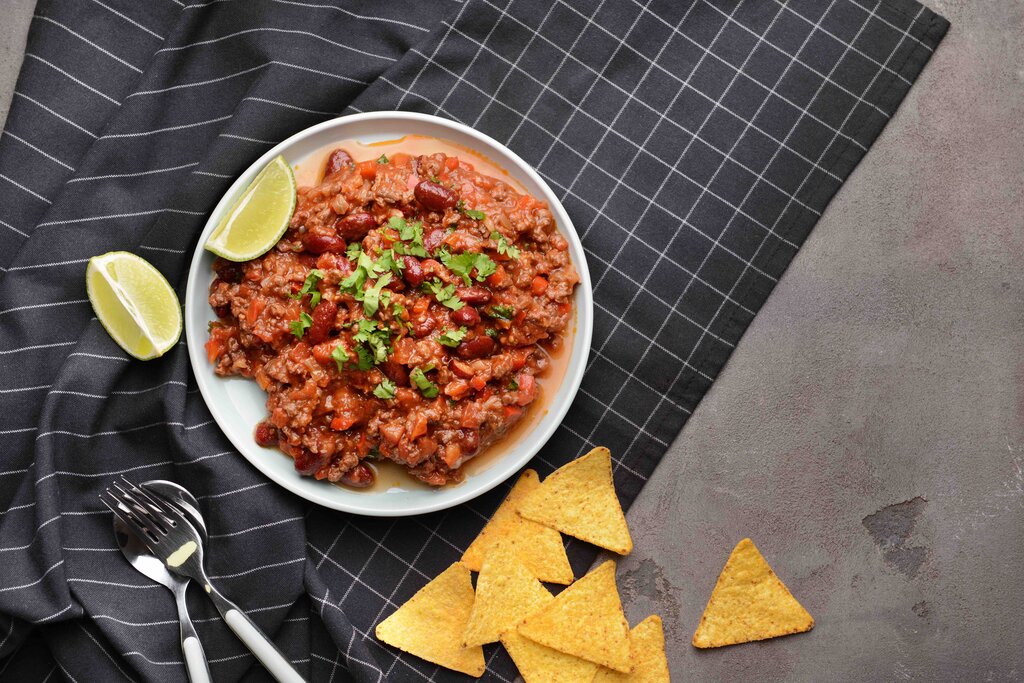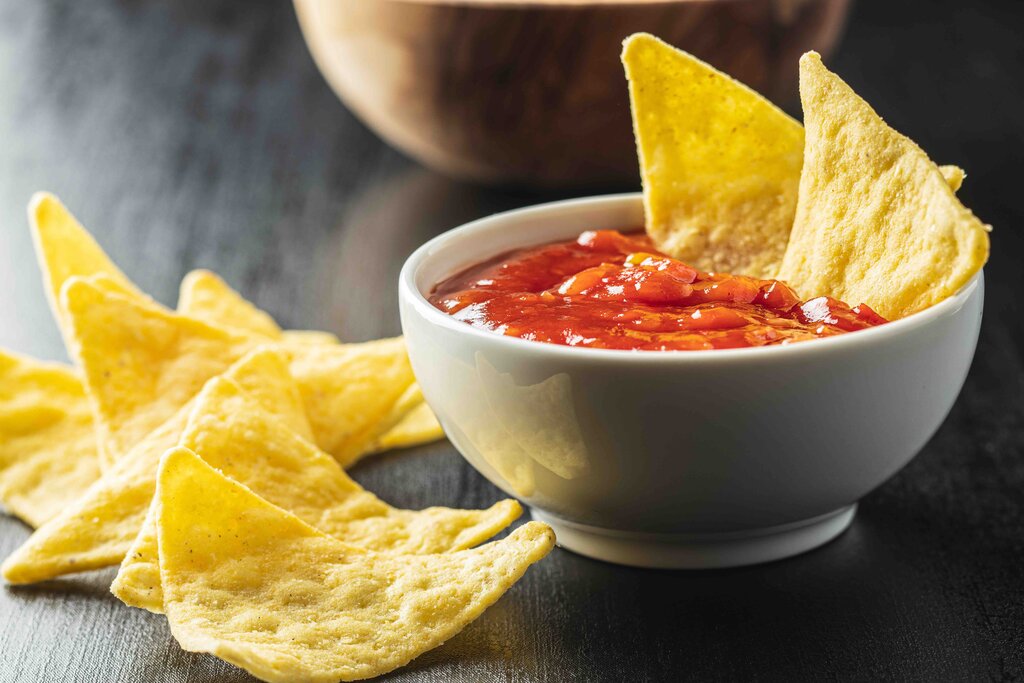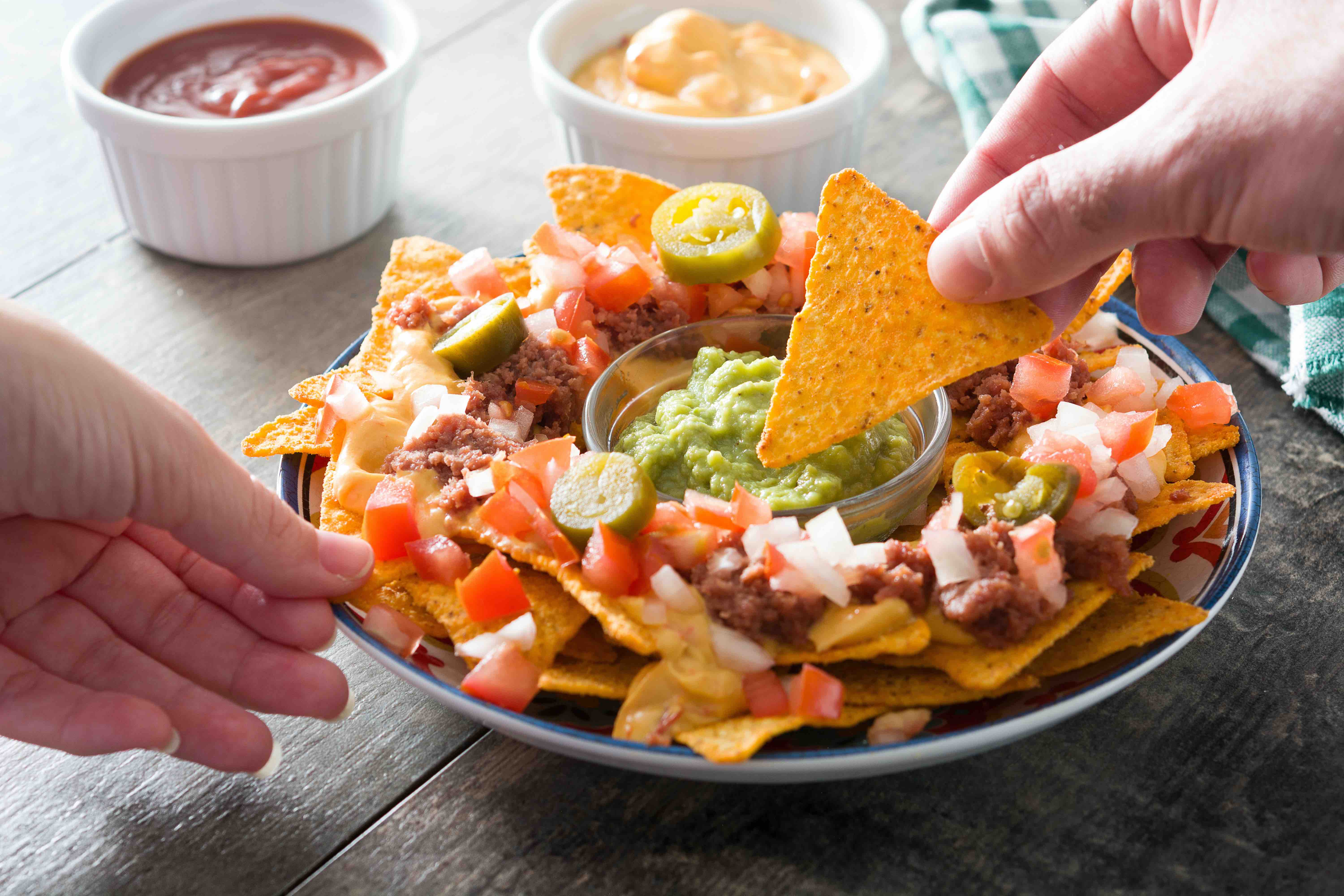
Whether you’re cheering on your favorite sports team or hosting a casual get-together, nachos are a go-to snack that’s loved by many. But did you know that nachos can offer more than just delicious flavors? In this comprehensive article, we’ll delve into 15 fascinating nutrition facts about nachos, uncovering the surprising health benefits behind this beloved snack. So, grab a plate, load up on toppings, and get ready to explore the delectable and nutritious world of nachos.
What are Nachos?
Nachos are a popular Mexican-inspired snack composed of tortilla chips typically topped with melted cheese, salsa, guacamole, sour cream, and various other savory ingredients.
Nachos are well-loved for several reasons. Their delicious flavor, versatility in toppings, and the ability to customize them to personal preferences make them a favorite among many. They are often associated with social gatherings and create a sense of shared enjoyment. The ease of preparation, comfort food appeal, and visual attractiveness further contribute to their popularity.
Nutritional Profile of Tortilla Chips
Tortilla chips, the base of nachos, are usually made from corn or wheat flour. They are a good source of carbohydrates and provide moderate amounts of dietary fiber. However, it’s important to choose whole-grain or baked options for added nutritional benefits.
The Power of Protein
Protein is an essential nutrient that plays a crucial role in various bodily functions. Adding protein-rich toppings like grilled chicken, lean beef, or beans to your nachos can increase their nutritional value and provide a satisfying, filling snack.

Calcium Boost from Cheese
Cheese, a staple ingredient in nachos, is a rich source of calcium. Calcium is vital for healthy bones and teeth, as well as proper muscle and nerve function. Opt for reduced-fat or low-fat cheese options to minimize saturated fat intake.
Benefits of Fiber
Including fiber-rich ingredients such as beans, vegetables, and whole-grain tortilla chips in your nachos can boost their fiber content. Fiber aids in digestion promotes satiety, and helps maintain healthy cholesterol levels.
The Goodness of Guacamole
Guacamole, made from nutrient-packed avocados, is a delicious and nutritious topping for nachos. Avocados are a great source of heart-healthy monounsaturated fats, dietary fiber, and vitamins such as vitamin K, vitamin C, and vitamin E.
Salsa: Flavorful and Nutrient-Rich
Salsa, typically made from tomatoes, onions, peppers, and herbs, is a low-calorie and flavorful addition to nachos. Tomatoes are rich in lycopene, a powerful antioxidant associated with various health benefits, including reduced risk of certain cancers.

Mindful Portion Control
While nachos can be a tasty snack, it’s important to practice portion control. Enjoying a reasonable serving size and balancing it with other nutritious foods can help you maintain a balanced diet and prevent overindulgence.
Customizable and Versatile
One of the great things about nachos is their versatility. You can customize the toppings based on your preferences and dietary needs. Load up on fresh veggies, lean proteins, and light dressings to create a healthier nacho experience.
Mindful Ingredient Choices
Be mindful of the ingredients you choose for your nachos. Opt for lean protein sources, reduced-fat cheese, and homemade sauces or salsas to control the amount of added sugars and sodium in your snack.
Moderation is Key
While nachos can be enjoyed as an occasional indulgence, it’s important to consume them in moderation. They are typically high in calories, saturated fats, and sodium. Balance your nacho consumption with other nutritious meals and snacks throughout the day.
Homemade vs. Restaurant Nachos
Preparing nachos at home allows you to have better control over the ingredients and portion sizes. Restaurant-style nachos often come with larger portions, excessive toppings, and higher calorie content. Opting for homemade versions lets you create a healthier, more balanced snack.
Nachos and Physical Activity
Pairing your nachos with physical activity can help balance the calorie intake. Consider enjoying your nachos after a workout or engaging in an active social activity, such as playing a sport, to make the most of your snack time.
Mindful Eating Practices
Practicing mindful eating while enjoying nachos can enhance your overall snacking experience. Take the time to savor each bite, eat slowly, and pay attention to your body’s hunger and fullness cues.

Balancing Nutrient Intake
While nachos can be a delicious treat, it’s essential to balance your overall nutrient intake. Ensure that your daily diet includes a variety of fruits, vegetables, whole grains, lean proteins, and healthy fats to meet your body’s nutritional needs.
Final Thoughts
In conclusion, nachos can be more than just a tasty indulgence. By choosing nutritious ingredients, practicing portion control, and balancing your overall diet, you can enjoy the flavors of nachos while reaping some nutritional benefits. So, next time you gather with friends or unwind after a long day, savor the nacho experience knowing that you’ve discovered the delicious and nutritious side of this beloved snack.
Frequently Asked Questions (FAQs)
Can nachos be a part of a healthy diet?
Yes, nachos can be a part of a healthy diet when made with nutritious ingredients, controlled portion sizes, and balanced with other nutrient-rich foods.
Are store-bought tortilla chips healthy?
Store-bought tortilla chips can vary in their nutritional content. Opt for whole-grain or baked options with minimal added sugars and unhealthy fats for a healthier choice.
Are there healthier alternatives to traditional nacho toppings?
Yes, you can explore healthier alternatives such as using Greek yogurt instead of sour cream, incorporating fresh vegetables, choosing lean protein sources, and reducing the amount of cheese and added sauces.
Can nachos be enjoyed by individuals with dietary restrictions or preferences?
Absolutely! Nachos can be customized to accommodate various dietary restrictions or preferences. Consider using gluten-free chips, dairy-free cheese alternatives, or plant-based protein options to suit your needs.
Are there lighter versions of nacho recipes available?
Yes, there are plenty of recipes available that offer lighter versions of nachos. Explore options like baked nachos, veggie-loaded toppings, and using lighter cheese alternatives for a healthier twist on this classic snack.
Was this page helpful?
Our commitment to delivering trustworthy and engaging content is at the heart of what we do. Each fact on our site is contributed by real users like you, bringing a wealth of diverse insights and information. To ensure the highest standards of accuracy and reliability, our dedicated editors meticulously review each submission. This process guarantees that the facts we share are not only fascinating but also credible. Trust in our commitment to quality and authenticity as you explore and learn with us.
